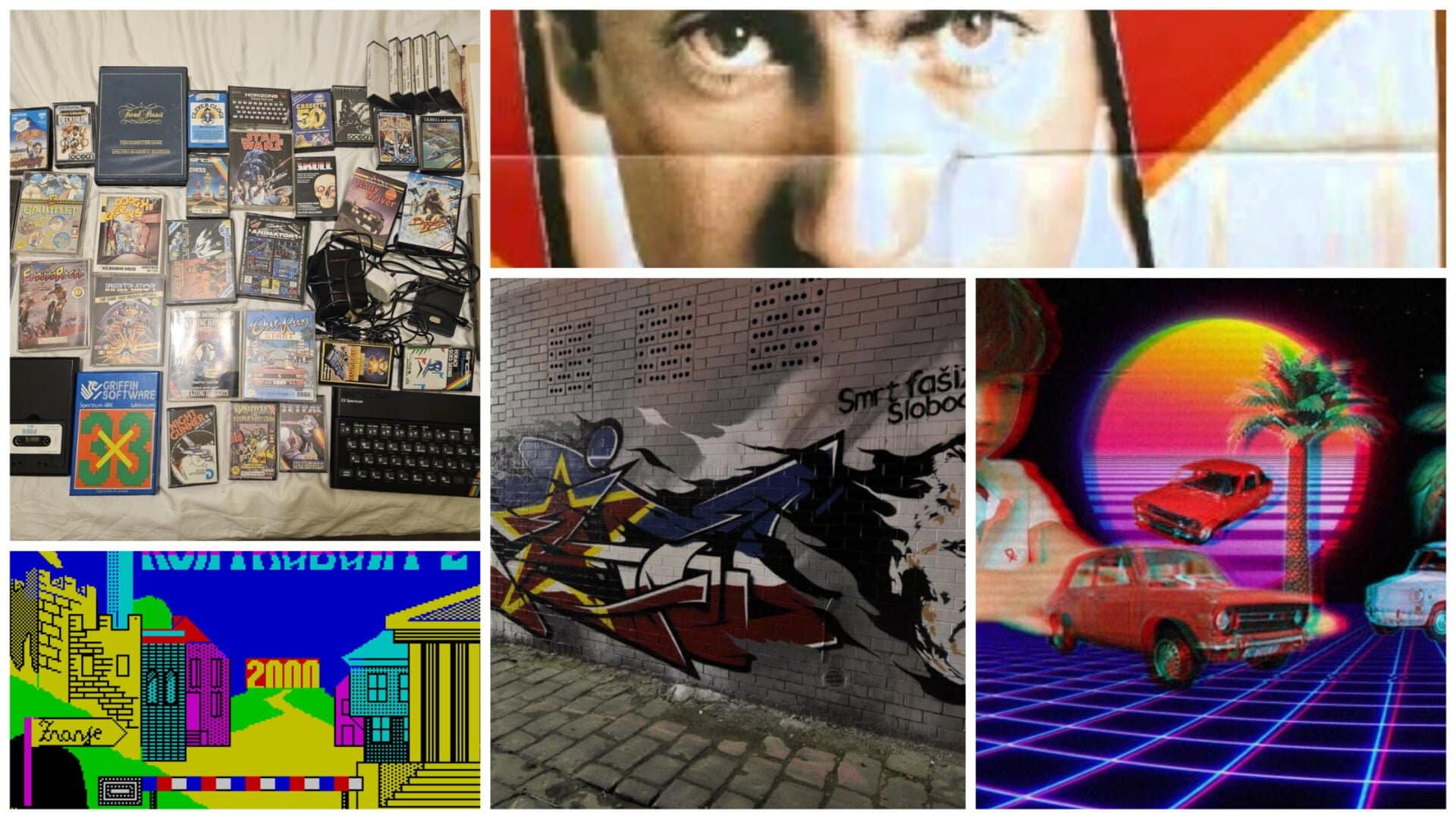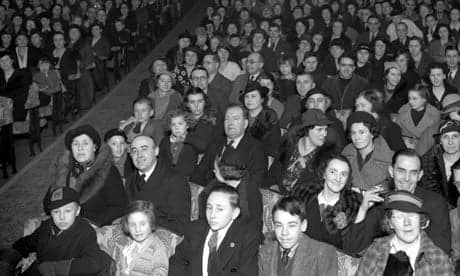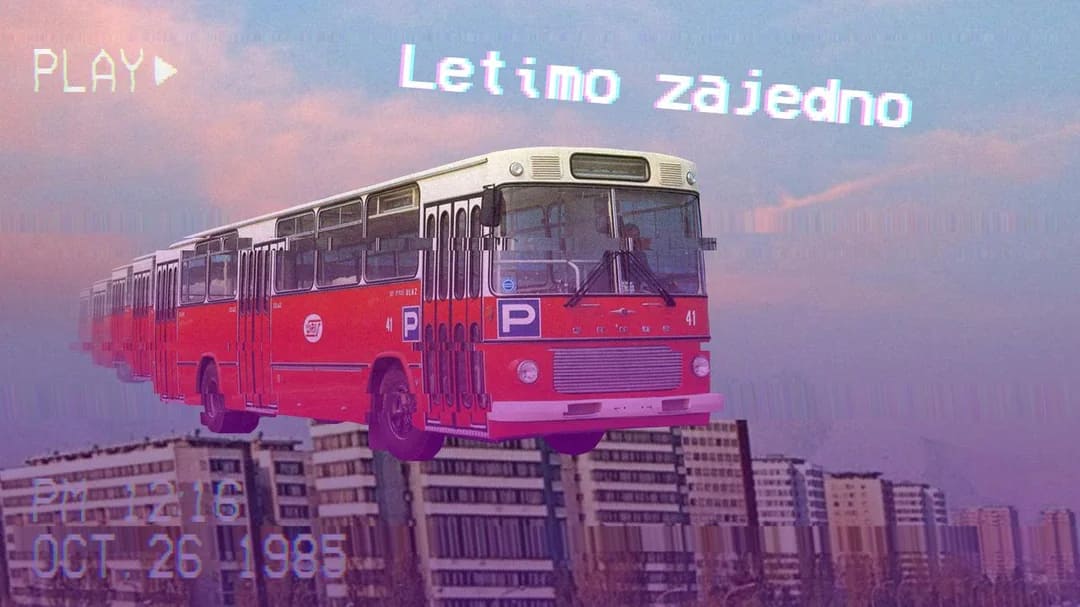
Mnemonic Aesthetics and Strategies in Popular Culture: Murals, Film, and Popular Music as Memory Work
1.
Objective 1: Typology of mnemonic murals in the post-Yugoslav space
2.
Objective 2: Classification of the memory-work strategies via film festivals
3.
Objective 3: Mapping popular-music production, distribution, criticism and consumption
4.
Objective 4: interactive digital model of popular-cultural participatory memory work
Research
Photographing, geo-tagging and classifying murals, graffiti and other street art
Engaging in participant observation of film festivals, with the supplement of semi-structured interviews and focus groups

MEMPOP in a Nutshell
MEMPOP proposes to approach the mnemonic impact of popular culture from the perspective of participatory popular-cultural sites of meaning-formation and contestation, formed around the media of murals, film, and popular music.
MEMPOP considers the cultural and mnemonic impact of popular culture as a product of popular-cultural texts, sounds, and visual representations (mnemonic aesthetics), as well as the processes and agents involved in the production, distribution, and reception of these texts, sounds and representations (mnemonic strategies).
Many manifestations of popular culture encourage popular participation in this type of memory work through activities such as producing fanfiction, commenting on forums, engaging in mural-production, and, in the process, highlighting new stories about the past and adapting old ones.
Using examples from the post-Yugoslav space as its starting point, MEMPOP examines how manifestations of modern popular-cultural production not only echo hegemonic representations and narratives, but also operate as bottom-up communicative memory generated by participatory memory work.
Meet Our Team
The MEMPOP team includes researchers with expertise in memory studies, cultural studies, history, media studies, gender studies, and digital humanities. The project, led by Natalija Majsova and Vjeran Pavlaković, is run by the University of Ljubljana (Slovenia) and University of Rijeka (Croatia).

Get in Touch
Have any old pictures, videos, diary logs, cassettes or other materials that could contribute to our research? We’d be thrilled to work with your contributions. Please fill out the form and we will get in touch to figure out the details. Of course, also feel free to reach out if you have any questions, feedback, or collaboration ideas.



